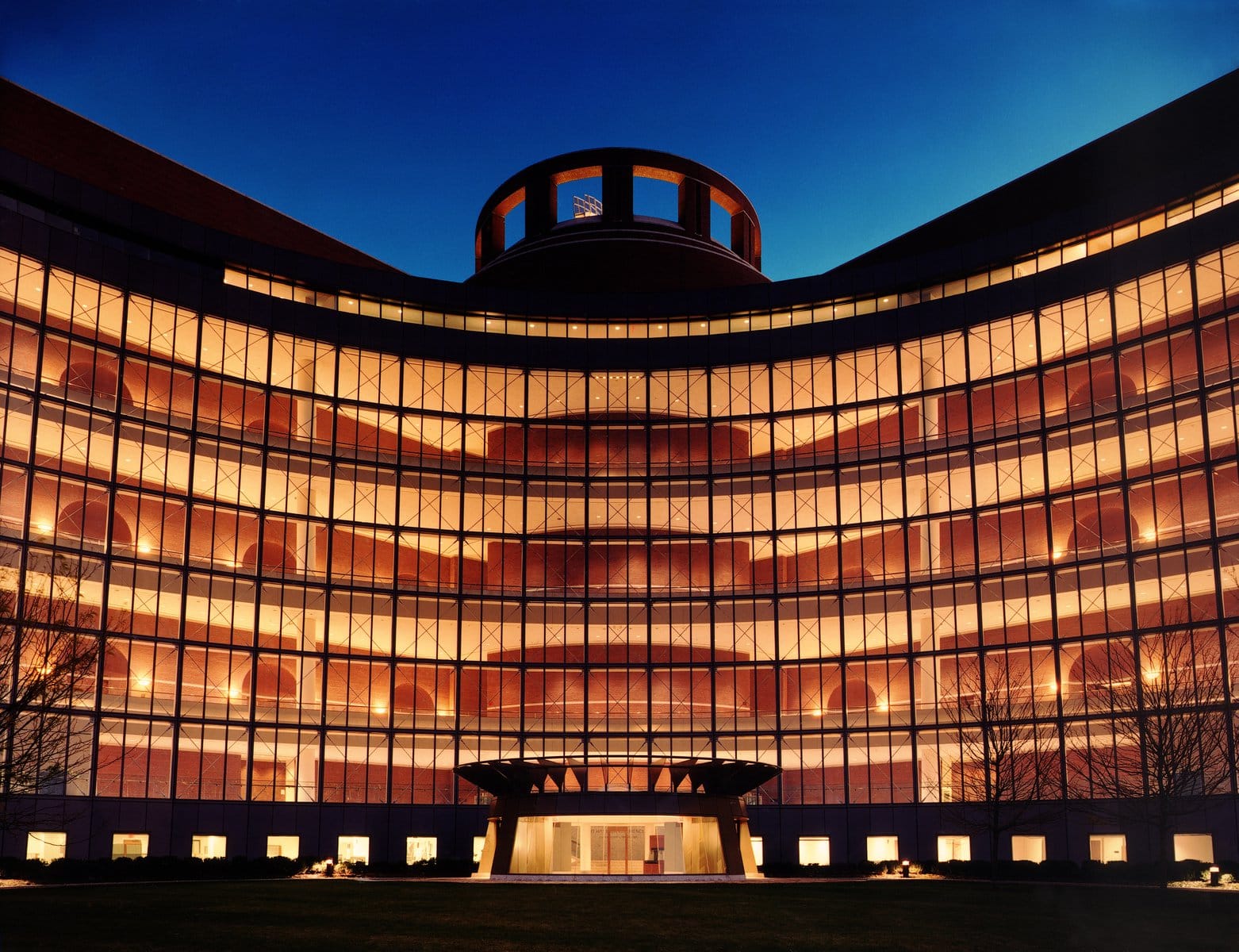(CN) — Residents of East Taunton, Mass. asked the First Circuit Court of Appeals on Wednesday to block the federal government's decision to place 321 acres of land into trust for the Mashpee Wampanoag Tribe.
The U.S. District Court of Massachusetts upheld the Interior Department’s 2021 decision, finding the tribe was under federal jurisdiction in 1934, one of the requirements to take land into trust under the Indian Reservation Act. On appeal, the plaintiffs pushed back on that finding.
David Tennant, who represented the Taunton residents during Wednesday’s arguments, argued that the Mashpee Tribe did not exist in 1934 and thus couldn't possibly have been under federal jurisdiction.
“A federal court jury determined that the Mashpees gave up their tribal organization and became citizens of Massachusetts in 1869, and were not thereafter a tribe in Massachusetts,” the Taunton residents argue in their appellate brief.
Judges on the panel sharply disagreed, one calling Tennant’s initial arguments “nonsense.”
“I think your argument that this tribe has to be treated the way other tribes are treated is nonsense. I think your argument that the agency did not explain its position is nonsense,” said U.S. Circuit Judge Sandra Lynch, a Bill Clinton appointee.
By placing the land into trust for the benefit of a tribe, the federal government allows the tribe to "enhance housing opportunities;" gives it power to sign leases to negotiate the use and sale of natural resources; and provides protections for tribal communities to rely on hunting and agriculture on the land.
Tennant argued, however, that the Mashpees were always a ward of the state’s and not the federal government’s, and said those definitions the lower court conflated those definitions.
“The fact is that the leading commissioner of Indian Affairs [in 1935] had stated that the Mashpees were not under federal jurisdiction, and that was repeated by a series of contemporaneous statements by interior officials,” Tennant said.
Christopher Anderson, who represented the U.S. Department of the Interior, countered that a state's jurisdiction didn’t preclude the federal government from also having jurisdiction.
“The federal government was actively considering whether to remove the tribe by force to the western territories,” Anderson said. “Now, ultimately, that didn’t happen. But you can’t meaningfully consider that — and the evidence is considered at the highest levels of government — without asserting that you have the authority to do so."
The federal government had already established a relationship with the tribe, Anderson said, so it didn’t matter if the state (or commonwealth) already had jurisdiction over the Mashpee Tribe.
A portion of the hearing focused on the Carlisle Indian Industrial School, a non-reservation boarding school in Carlisle, Pennsylvania, built with a mission to “eliminate Indian culture,” by forcing assimilation among young Native American children placed in the colonizers' education system.
Tennant said the Department of the Interior couldn't use Carlisle School attendance records showing Mashpee children were at the school to as a means of getting federal jurisdiction because the school closed in 1918, a decade and a half before the 1934 benchmark.
Anderson said the closure was irrelevant to the dispute at hand.
“Once federal jurisdiction attaches," he said, "it persists unless it’s terminated by an act of Congress."
Joining Judge Lynch on the panel were U.S. Circuit Judges Julie Rikelman and Lara Montecalvo, both Biden appointees. The panel ended the hearing without a ruling.
The Mashpee Wampanoag Tribe said in a statement that it's looking forward to the matter being resolved.
"For nearly a decade, the Littlefields have constantly attacked the small fraction of our ancestral homeland that currently makes up our reservation, seeking to leave us entirely without a homeland. We believe that truth, law and justice will win out, and that our reservation will be preserved," Mashpanee Wampanoag Tribe Chairman Brian Weeden said.
Subscribe to Closing Arguments
Sign up for new weekly newsletter Closing Arguments to get the latest about ongoing trials, major litigation and hot cases and rulings in courthouses around the U.S. and the world.









